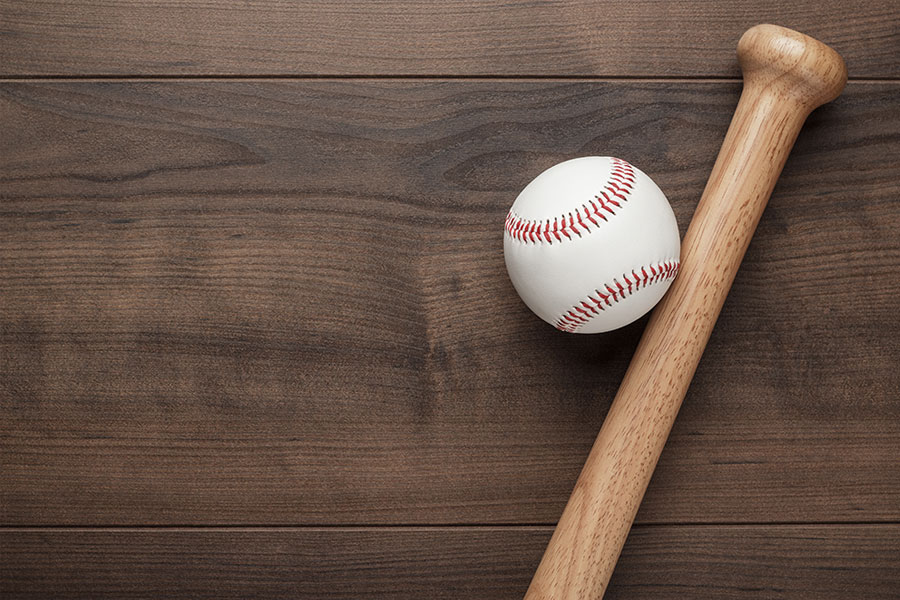Ohio Supreme Court Rules on Baseball Sales Tax Case

It is common at sporting events for teams to offer freebies or give-aways, such as t-shirts, towels, bobbleheads and other memorabilia, to the first set number of fans who attend the game. Because they’re free, the sales tax consequences of these give-aways are not always contemplated. However, the cost of overlooking them can result in a devastating assessment.
First, it is important to break apart the two items transferred to a customer: (1) a ticket to the game and (2) the freebie, such as a bobblehead. In most states, the sale of admissions to places of enjoyment, which includes sporting events, is often subject to sales tax. Likewise, from a sales tax perspective, the sale of tangible personal property is usually subject to sales tax. Because tax is collected on the sale of tangible personal property to the customer, the purchase of the item for resale is generally not subject to sales tax.
What complicates the issue is when a sports team charges a customer for a taxable admission but gives away items with some or all of the admission purchases as well. In such a scenario, did the team “resell” the promotional item? If so, they do not need to pay tax on their purchase of the items. Alternatively, should the transaction be treated as a lump sum combination sale of both an admission plus the sale of an item. In this case, tax should be charged on the full, lump sum price to the customer. Because tax is being charged on the end sale the customer, this scenario also absolves the team from paying tax on its purchases under the principle that sales for resale are exempt.
Unfortunately, there is a third characterization of these transactions; one which is quite popular with state Departments of Revenue. With respect to promotional items, states generally take the position that because no sale exists of an item given away, it is the team who uses or consumes the items for their own purposes. As a result, the company must pay the “use tax” on the promotional item when it is purchased because it is not, effectively, resold.
In 2017, Ohio took this very position. The Ohio Department of Revenue successfully argued that the Cincinnati Reds owed $88,000 of use tax on bobblehead give-aways. The board ruled that the ticket price was for the admission only and not for the bobblehead give-away. Therefore, the Reds were not a reseller of the items and could not qualify for an exemption on their purchases of bobbleheads.
In November 2018, the Ohio Supreme Court was asked to review this exact issue once again. The Reds argued that the bobbleheads were given away at games to boost attendance at unpopular games. Consequently, the promotional items made up for a discount, so the fans paid for the bobbleheads in effect. The state believed, however, that the amount paid by the fans was for the ticket alone and not for the promotional item.
In the end, the Ohio Supreme Court, in a 5-2 decision said that unlike a foul ball, which is unexpected upon attendance, “the unique promotional items were an explicit part of the bargain, along with the right to attend the game, that the fans obtained in exchange for paying the ticket fee.” Therefore, part of the sales price of the ticket was for the bobblehead. It was a homerun for the Reds.
One can only wonder if it would have improved the team’s position even further if they charged just a nominal amount for bobbleheads instead of having the burden of proving they were true giveaways. It would seem allocating a dollar amount towards the sale of the bobblehead would, by definition, create a tax-exempt sale for resale exemption on their purchase.
Regardless, this 2018 Cincinnati Reds case is an important victory for taxpayers in the area of promotional and give away items. While most businesses do not run a professional sports team, there are many companies that give away promotional items and this opinion may serve as the road map to save on sales and use tax paid on such items.
About the author: Gerald “Jerry” Donnini II is a shareholder of the Law Offices of Moffa, Sutton, & Donnini, P.A. Mr. Donnini concentrates in the area of state and Federal tax matters, with a heavy emphasis on the tobacco, alcohol, motor fuel and related industries. He also handles a myriad of multi-state state and local tax issues. Mr. Donnini is a co-author for CCH’s Expert Treatise Library: State Sales and Use Tax and writes extensively on multi-state tax issues for SalesTaxSupport.com. For more information please call us at 888-966-8216.



